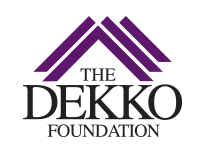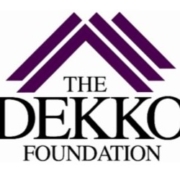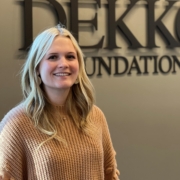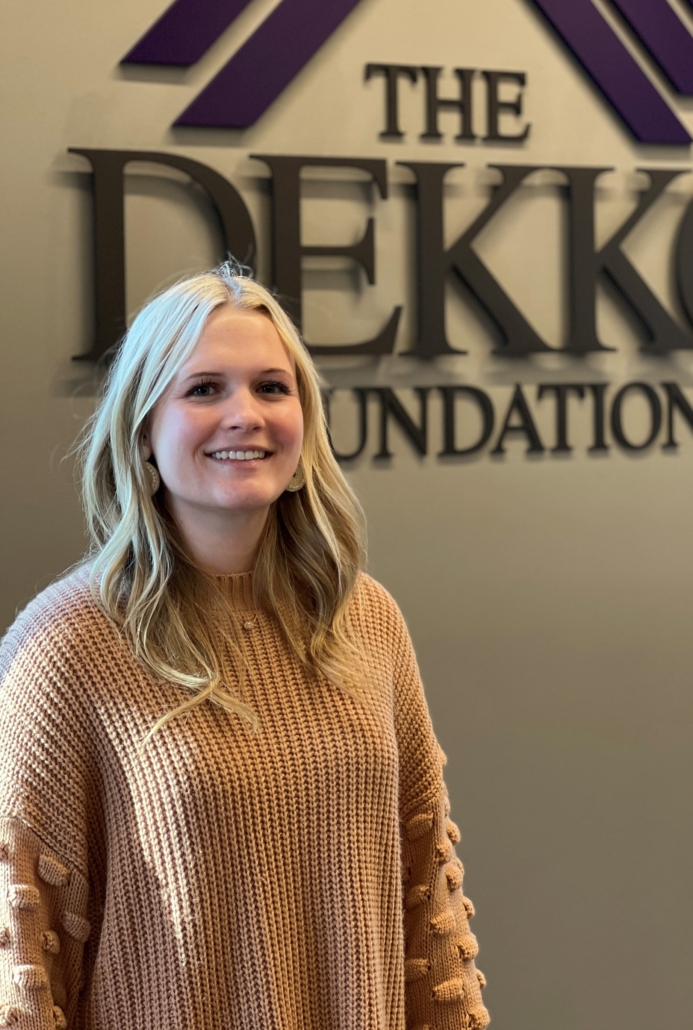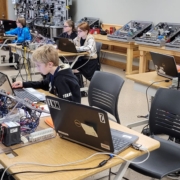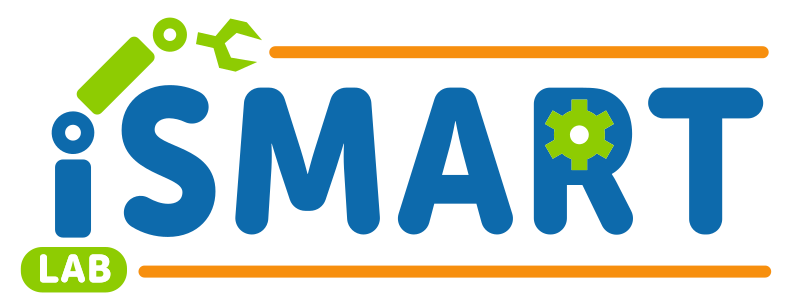Foundation invests in organizations’ work
The Dekko Foundation, a private family foundation located in Kendallville, IN, with a mission of fostering economic freedom through education, awarded $541,000 in grants to six youth-serving organizations during its most recent round of grantmaking.
The foundation, started in 1981 by the late businessman and philanthropist Chester E. Dekko, invests in projects and programs that help build knowledge, skills, and character in children and young people from birth through age 18 so they can be self-sufficient and grow up to be economically free.
Its grantmaking is concentrated within 13 counties in four states — Indiana, Iowa, Alabama, and Minnesota — where Mr. Dekko had business or personal interests.
Organizations receiving grants were:
- The Apple Tree Center (Kendallville, IN): $50,000 to support the organization’s early learning programs for children.
- BABE of Whitley County, Inc. (Columbia City, IN): $5,000 to support the organization’s educational programs for parents of young children.
- City of Murray (Murray, IA): $75,000 over two years to support an improved experience for families at the city’s recreation complex.
- City of Athens (Athens, AL): $250,000 to support a park and splash pad that are part of a nearly $14 million project to redevelop a former industrial site in the city.
- City of Kendallville (Kendallville, IN): $11,000 to support improvements to the disc golf course at the Kendallville Outdoor Recreation Complex.
- Noble Trails, Inc. (Rome City, IN): $150,000 over three years to support an endowment fund that will be used to help offset the cost of trail network maintenance.
If you’d like to learn more about how investments such as these support children and young people so they can achieve economic freedom later in life, contact a Dekko Foundation program officer at 260-347-1278. Or visit dekkofoundation.org to explore the foundation’s mission and funding priorities, review its grantmaking process, or send a grant proposal.
